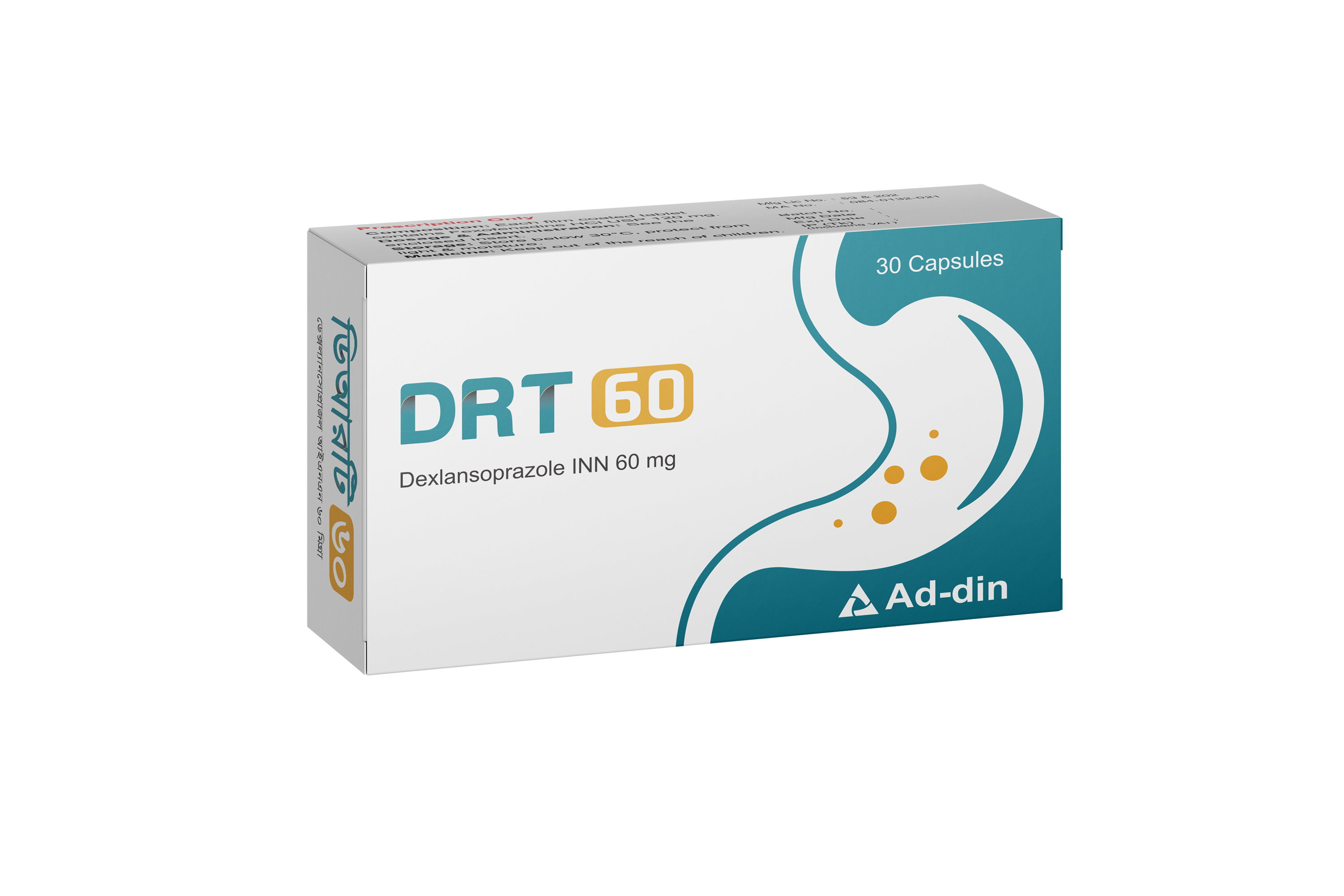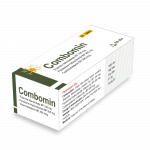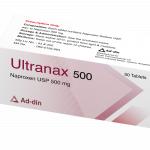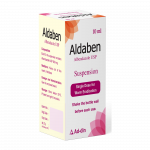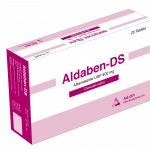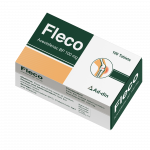Composition
DRT 60 Capsule: Each capsule contains dual delayed release enteric coated pellets of Dexlansoprazole INN 60 mg.
Pharmacology
DRT (Dexlansoprazole) delayed-release capsule is a Proton Pump Inhibitor (PPI) which suppresses gastric acid secretion by specific inhibition of the (H+/K+)-ATPase in the gastric parietal cell. Dexlansoprazole is the R-enantiomer of lansoprazole. Dexlansoprazole is stable when exposed to light. Dexlansoprazole is more stable in neutral and alkaline conditions than acidic conditions. By acting specifically on the proton pump, Dexlansoprazole blocks the final step of acid production. The formulation of DRT (Dexlansoprazole) utilizing Dual Delayed Release Technology results in plasma concentration time profile with two distinct peaks; the first peak occurs 1 to 2 hours after administration, followed by a second peak within 4 to 5 hours. No accumulation of Dexlansoprazole occurs after multiple once daily doses of Dexlansoprazole.
Indications
- Healing of Erosive Esophagitis
- Maintenance of Healed Erosive Esophagitis
- Relief of Acidity & Heartburn
- Symptomatic Non-Erosive Gastroesophageal Reflux Disease
Dosage & Administration
Dexlansoprazole is available as capsules in 30 mg and 60 mg strengths for adult use. Directions for use in each indication are summarized in Tablet.
Dexlansoprazole Dosing Recommendations-
| Indication | Recommended Dose | Frequency |
| Healing of Erosive Esophagitis | 60 mg | Once daily for up to 8 weeks |
| Maintenance of Healed Erosive Esophagitis | 30 mg | Once daily for up to 6 months |
| Relief of Acidity & Heartburn | 30 mg | Once daily |
| Symptomatic Non-Erosive GERD | 30 mg | Once daily for up to 4 weeks |
Contraindications
Dexlansoprazole is contraindicated in patients who have known hypersensitivity to any other component of the formulation.
Warnings and Precautions
Gastric Malignancy: Symptomatic response with Dexlansoprazole does not precludes the presence of gastric malignancy.
Clostridium difficile-associated Associated Diarrhea: PPI therapy may be associated with an increased risk of Clostridium difficile-associated diarrhea.
Bone Fracture: Long-term and multiple daily dose of PPI therapy may be associated with an increased risk for osteoporosis-related fractures of the hip, wrist or spine.
Hypomagnesemia: Hypomagnesemia has been reported rarely with prolonged treatment with PPIs.
Side Effects
Side effects are rarely seen, such as headache, diarrhea, and abdominal pain.
Use in Pregnancy and Lactation
US FDA Pregnancy Category B. Teratology studies have been performed in animals and have revealed no evidence of impaired fertility or harm to the fetus due to Dexlansoprazole . There are however, no adequate and well controlled studies in pregnant women. Because animal reproduction studies are not always predictive of human response, this drug should be used during pregnancy only if clearly needed. Because Dexlansoprazole is likely to be excreted in human milk, a decision should be made whether to discontinue nursing or to discontinue the drug, taking into account the importance of the drug to the mother.
Use in Children and Adolescents
Safety and effectiveness of dexlansoprazole in pediatric patients below 18 years of age have not been established.
Drug Interactions
Concomitant administration of Dexlansoprazole with Atazanavir, Ampicillin esters, Digoxin, Ketoconazole, Warfarin, Tacrolimus and Methotrexate should not be used.
Overdose
There have been no reports of significant overdose of Dexlansoprazole. Multiple doses of Dexlansoprazole 120 mg and a single dose of Dexlansoprazole 300 mg did not result severe adverse events.
Storage
Store below 30ºC, protect from light & moisture. Keep out of the reach of children.
Packaging
DRT 60 Capsule: Each box contains 60 capsules in Alu-AIu blister pack.

